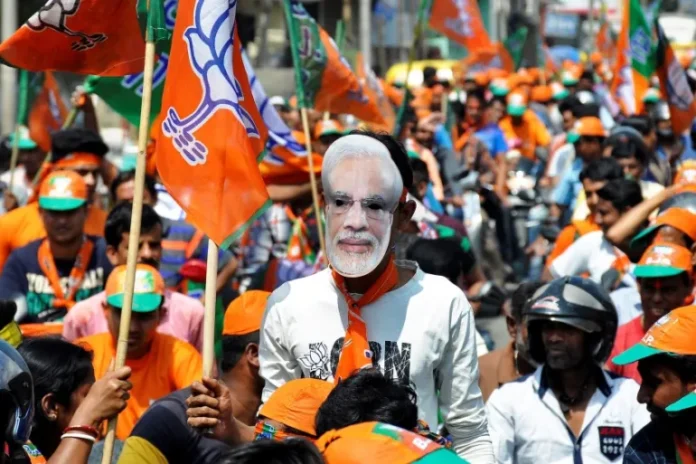Author: Leoni Connah
Affiliation: Lancaster University, UK
Organization/Publisher: Global Change, Peace & Security/ Routledge
Date/Place: Dec 3, 2020
Type of Literature: Research Article
Number of Pages: 10
Link: https://www.tandfonline.com/doi/full/10.1080/14781158.2021.1847062
Keywords: India, Colonizer, Citizenship Amendment Act, Northeast, Bharatiya Janata Party (BJP).
Brief:
The author analyzes the consequences of the recent decisions taken by India’s Bharatiya Janata Party (BJP) to marginalize the Muslims of the Northeast. The introduction of the Citizenship Amendment Act (CAA) and National Register for Citizens (NRC) by BJP has led to communal tensions and rising levels of violence in India, particularly in the capital New Delhi. The CAA is to provide citizenship to persecuted minorities from neighbouring countries like Pakistan, Bangladesh and Afghanistan. However, the Act excludes the wider Muslim community, reasoning that the partition of 1947 favoured the Muslims and left other communities to suffer. The author calls it as a dangerous trajectory for using identity and citizenship to heighten the authoritarianism of Narendra Modi. Both of the Acts “otherizes” the Muslim minorities, something unsurprising as the BJP has long been inciting violence against Muslims by encouraging Hindu nationalists to “feed them bullets.” One of the major consequences of this decision has been intensified violence in New Delhi, with Muslims being the targets of lynching and communal violence in India. The Northeast of India, like Kashmir, is also the victim of the Armed Forces Special Powers Act (AFSPA). This Act has been manipulated by India to commit gross human rights violations. Another consequence of this decision is that the Rohingya Refugees cannot seek refuge in India because the Act excludes Muslims. The author concludes that resolution is only possible “if the constitutional principles of diversity and equality take centre stage and the government strives to demilitarise the area and increase human rights.”
By: Ruby Clayton, CIGA Research Assistant




